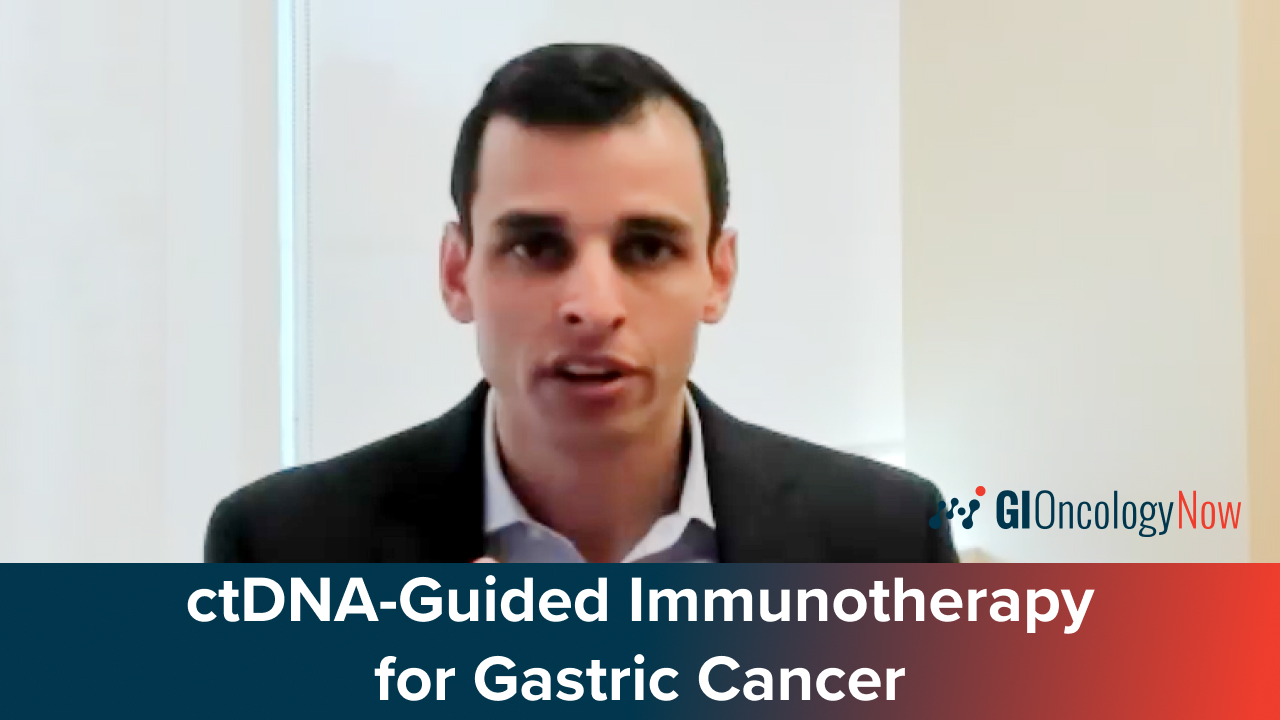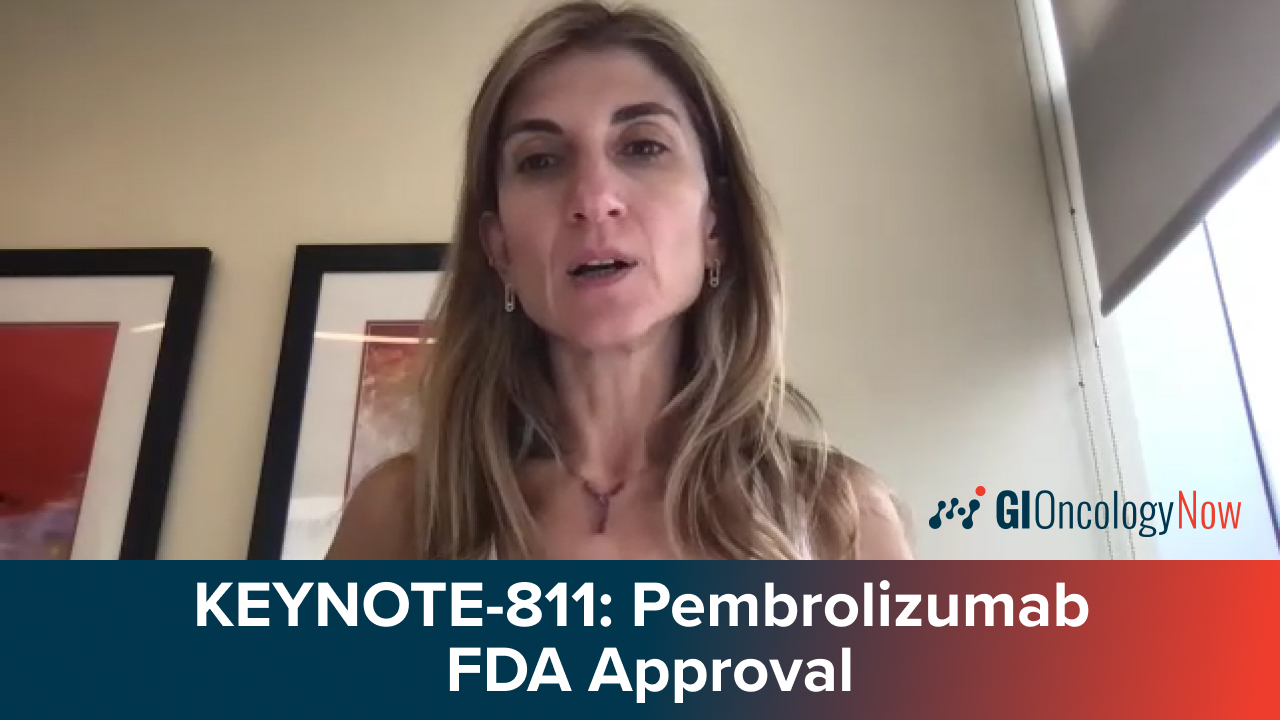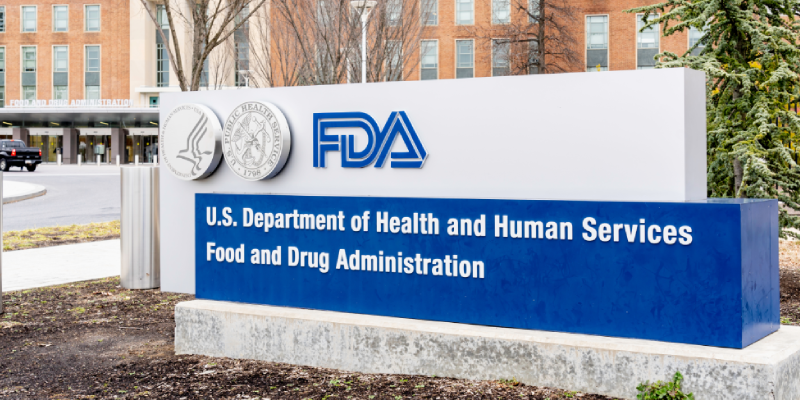
The optimal management of patients with limited metastatic gastric or esophagogastric junction adenocarcinoma remains a subject of debate. The IKF-575/RENAISSANCE trial investigated the role of surgery following induction chemotherapy with fluorouracil, leucovorin, oxaliplatin, and docetaxel (FLOT) and targeted therapy. Lead study author Salah-Eddin Al-Batran, MD, of Krankenhaus Nordwest, University Cancer Center, in Frankfurt, Germany, presented the results at the 2024 American Society of Clinical Oncology Annual Meeting.
This prospective, multicenter, phase 3 trial enrolled treatment-naive patients with limited metastatic disease (retroperitoneal lymph node [RPLN] metastases only or a maximum of 1 potentially resectable extra-abdominal site). Patients received 4 cycles of FLOT with trastuzumab for HER2-positive tumors or nivolumab for PD-L1–positive tumors. Those demonstrating disease control after induction were randomized 1:1 to receive either additional FLOT (arm B) or surgery followed by further FLOT (arm A). The primary end point was overall survival (OS) in the intention-to-treat (ITT) population. Recruitment was halted at 183 patients (141 randomized) due to slow accrual.
A total of 139 patients comprised the ITT population (arm A, n=67; arm B, n=72). Approximately 20% had RPLN-only disease, 58% had organ metastases only, and 22% had both. Surgery was performed in 91% of arm A patients, with an 82% R0-resection rate. Perioperative mortality was 3% at 30 days and 8% at 90 days. While the planned 4 additional cycles of postoperative chemotherapy were achieved in only 42% of arm A patients compared with 71% in arm B, the primary end point of OS was not met. Increased early mortality in the surgery arm led to a crossover in survival curves, with a median OS of 10 months and 14 months in arms A and B, respectively. Subgroup analysis revealed potential benefit for surgery in patients with RPLN-only disease (median OS, 30 vs 17 months; 5-year OS, 38% vs 19%), but with a trade-off for increased early mortality. Conversely, surgery appeared detrimental in those with nonresponse to chemotherapy (median OS, 13 vs 22 months) or peritoneal disease (median OS, 12 vs 19 months).
The IKF-575/RENAISSANCE trial suggests limited benefit for upfront surgery following FLOT and targeted therapy in all patients with limited metastatic gastric cancer. However, a potential survival advantage for those with RPLN-only disease warrants further investigation.







 © 2025 Mashup Media, LLC, a Formedics Property. All Rights Reserved.
© 2025 Mashup Media, LLC, a Formedics Property. All Rights Reserved.